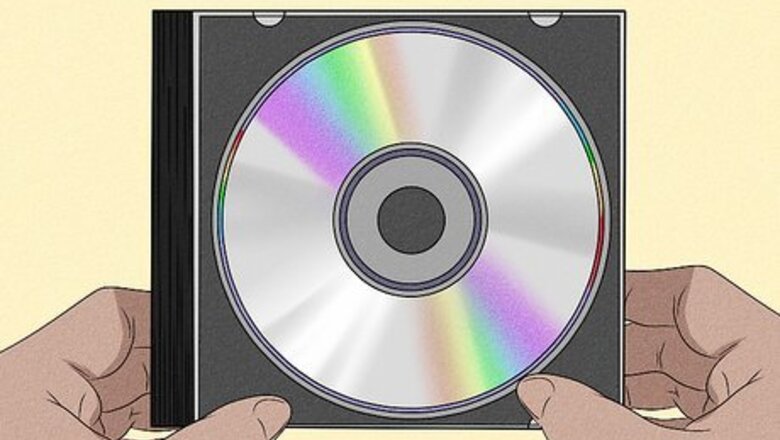
views
X
Trustworthy Source
United States Copyright Office
Part of the Library of Congress, responsible for maintaining copyright records
Go to source
Read on to find out how to register your copyright and collect royalties when your music is played on streaming services.
- Create a copy of your original music and send it to the U.S. Copyright Office along with an application and filing fee to register your copyright.
- Become a member of the Music Licensing Collective to collect royalties from original music that you distribute through streaming services.
- Register your copyright so that you can sue anyone who infringes it in federal court and get statutory damages and attorney's fees.
Registering Your Copyright
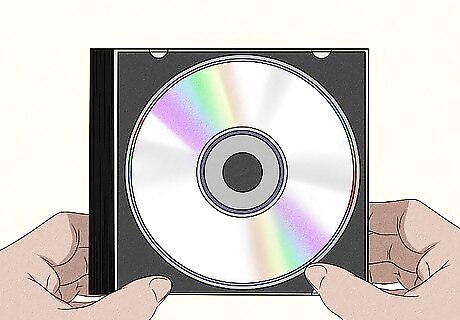
Create a copy of your original music. Under copyright law, original work is entitled to copyright protection from the moment that it's "fixed" in some way. For a song, this could mean sheet music or a digital recording. Keep in mind that there are two different copyrights at work here—a copyright in the composition and a copyright in the sound recording. If you wrote the song and recorded it yourself, you can claim both the composition and sound recording copyrights. On the other hand, if you had a producer for the sound recording, you likely can only claim the composition copyright. Your music must be completely original if you want to claim a copyright for it. If you used anyone else's music (for example, by sampling), you'll need a license to use that work in your own.
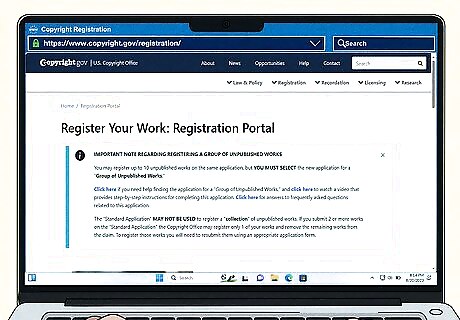
Register for a free account. Go to the registration portal on the website of the U.S. Copyright Office and click on the "log in" button. If you don't have an account, use the new user link to register for your free account. You'll use this same account every time you register copyrights, so if you have additional songs later, you can log back in using the same credentials.
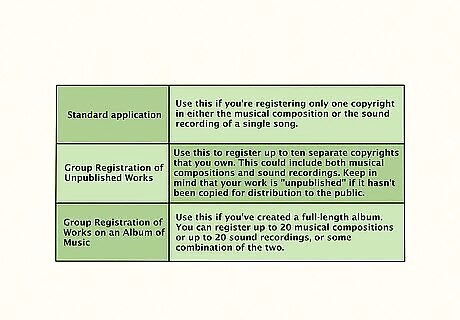
Choose the correct application and fill it out. Unless you're filing sheet music, there will be two copyrights for any given song—one in the composition itself and another for the audio recording of that song. The sound recording copyright protects the actual sounds that are fixed in the copy while the composition copyright protects the notes and lyrics as written. If you own the rights to both the musical composition and the sound recording, you can use the same application to register both copyrights. There are 3 basic types of applications: Standard application: Use this if you're registering only one copyright in either the musical composition or the sound recording of a single song. Group Registration of Unpublished Works: Use this to register up to ten separate copyrights that you own. This could include both musical compositions and sound recordings. Keep in mind that your work is "unpublished" if it hasn't been copied for distribution to the public. Group Registration of Works on an Album of Music: Use this if you've created a full-length album. You can register up to 20 musical compositions or up to 20 sound recordings, or some combination of the two. For example, if you have an album with 10 songs on it, you could register both the musical composition and sound recording copyrights for each of those 10 songs.
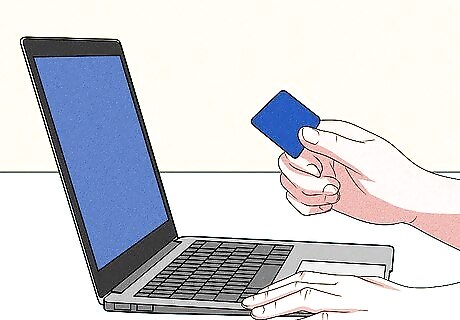
Submit your application with the filing fee. Fill out the information required on the application. The Copyright Office has tutorials that can help you if you're not sure how to complete the application. You can submit it directly through the website. Then, use a credit card, debit card, or electronic check to pay the appropriate filing fee: For a standard application, the electronic filing fee is $45 as of 2023. For a group registration application, the electronic filing fee is $85 as of 2023.
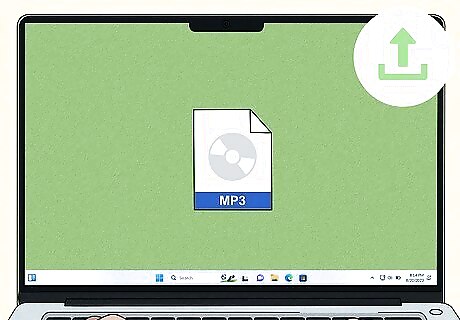
Upload a digital copy of your music. Since you're filing your application online, the easiest thing to do is to upload a digital copy of your music at the same time. You only need one digital copy (for physical media, such as a CD, you'll likely need to provide more than one copy). The Copyright Office accepts the following file types for audio recordings: Audio Interchange File Format (.aif, .aiff) Audio File (.au) MP3 Audio File (.mp3) Windows Wave Sound File (.wav) Windows Media Audio File (.wma) MPEG-4 Part 14 Apple (.mp4, .m4a, .m4p)

Check in to follow up on the status of your claim. The account you created with the Copyright Office is your one-stop shop to check on the status of any copyright registration applications you've filed. All of the information about your application will be there so you can see where it is in the process. It can take several months for the Copyright Office to approve an application and register your copyright. You'll get a copyright certificate in the mail when that process is completed. The effective date of your copyright when it's approved will be the date the application was received by the Copyright Office. If your copyright claim is rejected, you'll get an official notification with the reason for the rejection. If that's something you can fix, you're free to file another application.
Getting Paid for Streaming Music
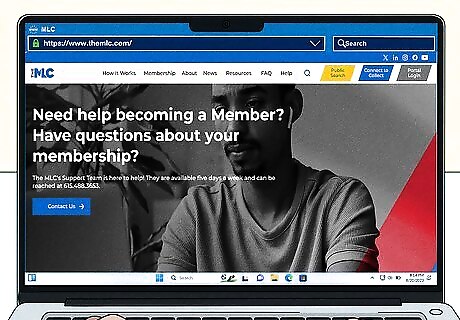
Sign up to be a member of the Mechanical Licensing Collective (MLC). The U.S. Copyright Office designated the MLC as the sole organization to collect and distribute music royalties from streaming. The MLC is a nonprofit organization with a portal you can use to submit and manage information about your musical works. If you are a self-administered songwriter, click the "Connect to Collect" button to get started. You are a self-administrated songwriter if you've retained the right to manage your music. If you're not sure, the MLC has four questions you can answer to determine this for sure.
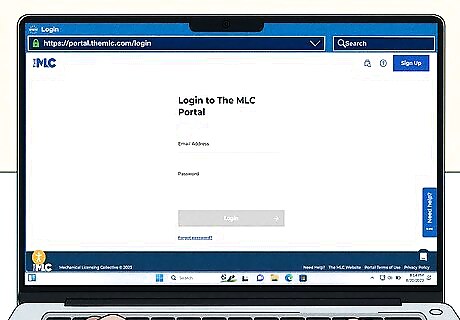
Use the member portal to register your song data. Log in to your member account to create your member profile and add the information about the song or songs that you're distributing through streaming platforms. The MLC will return possible matches from its database and highlight any information you gave them that differs from the database. Correct your data as necessary so that it matches the database entry correctly—otherwise, you won't get royalties for the song.

Check your data regularly and make edits as necessary. Enter all of your music data on the same account. If anything changes, make sure you go back and adjust the information you submitted to account for that change. Anytime you create a new song that you're ready to stream, add a listing for that song so that you'll get royalties for it as well. This is important—the MLC doesn't add new songs automatically.
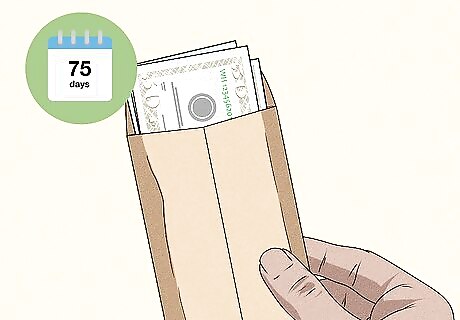
Receive royalty payments through your member account. The MLC distributes royalty payments and statements approximately 75 days after the end of any given month, so it'll take some time before your royalties start rolling in. After that initial 75-day period, you'll receive royalties every month toward the middle of the month. Make sure your bank account information in your member profile is correct so your royalty payments can be direct-deposited. This is the easiest way to receive your royalties. Even if you didn't earn any royalties in a given month, the MLC will still issue a statement, which will appear in your member profile.
Benefits of Registration
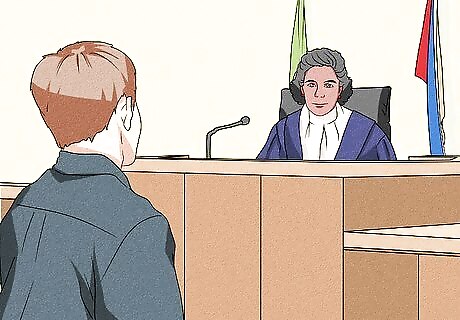
You can sue people who infringe your copyright in federal court. Assuming you're a U.S. citizen, you can't sue for copyright infringement in federal court unless your copyright is registered. While you can technically wait until after you've discovered infringement to register, you could miss out on some other important benefits if you do. Once your copyright is registered, it's valid for the rest of your life plus 70 years after you die. Then your work falls into the public domain and anyone can use it. There are no criminal charges for copyright infringement and the Copyright Office doesn't enforce copyright claims. Rather, it's up to you to both discover infringement and sue the infringer to enforce your copyright. If you're a citizen of another country, you can sue in U.S. federal court without first registering your copyright in the U.S. However, there are still plenty of other benefits to registration that you'll miss out on by doing this.
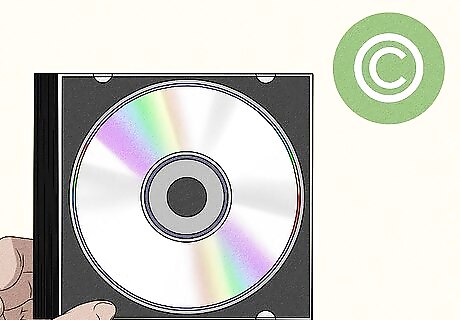
Your copyright claim is presumed to be valid. This is an important benefit because it means that the burden of proof shifts to the person you claim infringed your copyright. If they don't believe your copyright is valid, they have to prove that—as long as your copyright is registered. You're entitled to this benefit regardless of whether you register your copyright before or after you discover the infringement—but it's still best to register before. You'll have a stronger claim if the effective date of your copyright registration is before the alleged infringement. Otherwise, you'll need to prove the date that you initially wrote the song.
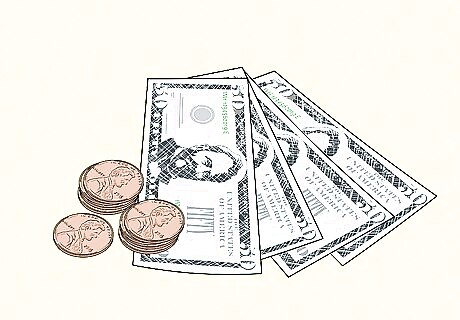
You can claim statutory damages and attorney's fees for infringement. Statutory damages ensure that you get money for every act of infringement. Without registration, you're only entitled to "actual damages," which are notoriously difficult to prove. Essentially, you would only be entitled to the money that you lost as a result of the infringement. Having a registered copyright also entitles you to ask the infringer to pay your attorney's fees and court costs. Federal court can be an expensive endeavor, so this is a very valuable benefit to registering your copyright.
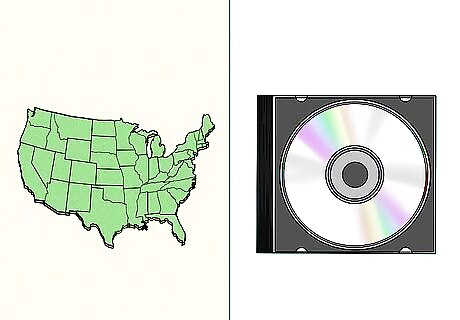
You can keep infringing copies out of the country. When you have a registered copyright, you can record your copyright with the U.S. Customs and Border Protection. If someone in another country makes infringing copies of your song, you can keep those copies from entering the U.S. If your copyright isn't registered, you won't be able to do that. Technically, this only really affects physical recordings of your song that might cross the border—not digital recordings that are available online.














Comments
0 comment